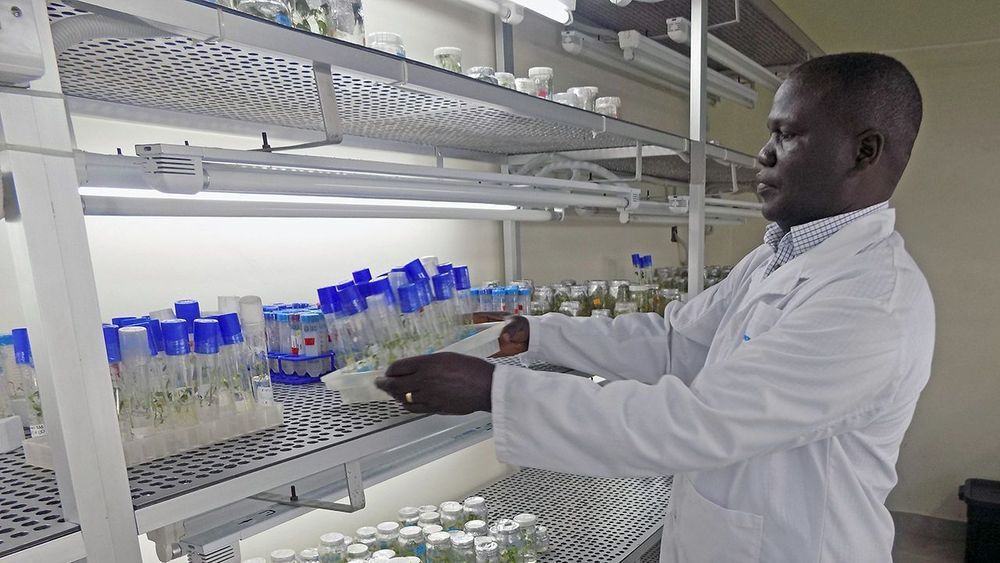May 6, 2019
German research promised a decade of budget increases
Posted by Derick Lee in categories: economics, government
BERLIN—German research organizations cheered a decision announced today by state and federal ministers to increase research budgets by 3% a year for the next decade—a total boost of €17 billion over that time. For more than a decade, German research organizations have enjoyed consistent budget increases—3% boosts every year since 2006, even during downturns in the German economy. But some observers have worried that falling tax revenues and deep disagreements between state and federal ministers could bring an end to the largesse.
State and federal government pledge €17 billion in extra funds through 2030.

















